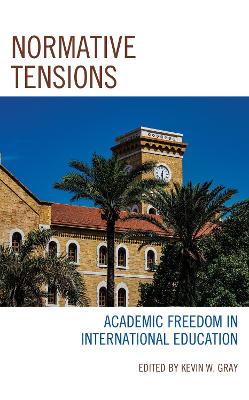Expansion and Internationalization of Higher Education in Asia, North Africa, and the Middle East
1 total work
Normative Tensions
The expansion of Western education overseas has been both an economic success, if the rise in numbers of American, European, and Australian universities rushing to set up campuses in Asia and the Middle East is to serve as a measure, and a source of great consternation for academics concerned with norms of free inquiry and intellectual freedom. Faculty at Western campuses have resisted the opening of new satellite campuses, fearing that their colleagues those campuses would be less free to teach and engage in intellectual inquiry, and that students could be denied the free inquiry that is normally associated with liberal arts education. Critics point to the denial of visas to academics wishing to carry out research on foreign campuses, the sudden termination of employment at schools in both the Middle East and Asia, or the last-minute cancellation of courses at those schools, as evidence that they were correctly suspicious of the possibility that liberal arts programs could exist in those regions. Supporters of the project have argued that opening up foreign campuses would bring free inquiry to closed societies, improve educational opportunities for students who would otherwise be denied them, or, perhaps less frequently, that free inquiry will be no less pressured than in the United States or Western Europe. Normative Tensions examines the consequences not only of expansion overseas, but the increased opening of universities to foreign students.
